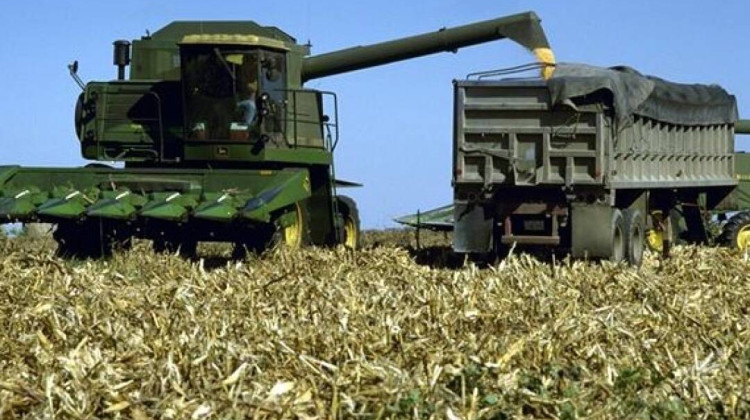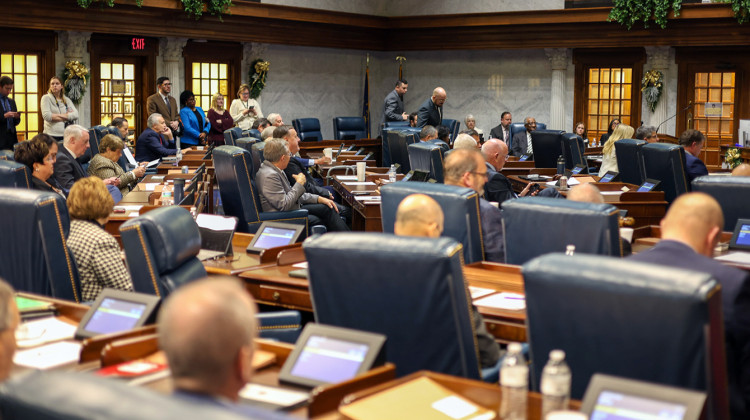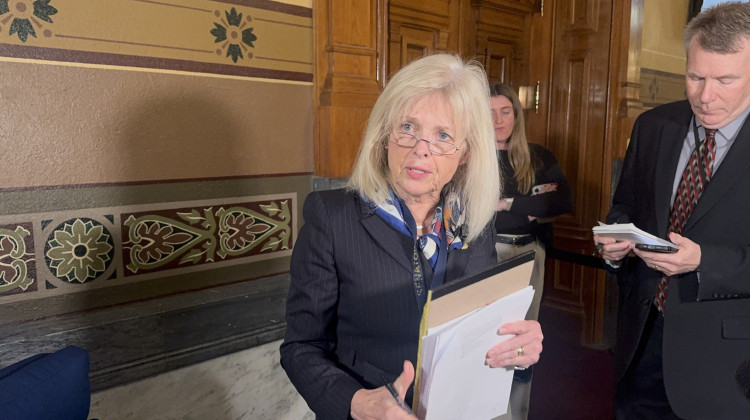While the new United States-Mexico-Canada Agreement (USMCA) could help some farmers, an ongoing tariff squabble could negate any small financial gains, hurting the American agriculture industry that is already struggling. Purdue University researchers say in a new report, "It could be worse."
Purdue agricultural economics professor Dominique van der Mensbrugghe says the new deal maintains market access and has some benefit for the dairy and poultry markets.
“There is good news in the agreement,” he says. “First of all, it consolidates the gains farmers have made.”
However Van der Mensbrugghe and his co-authors, say in the report that the replacement for NAFTA isn’t enough to get farmers out of the hole, economically.
“Even though we estimate exports out of the new agreement might increase by some $450 million, the retaliatory tariffs in agriculture alone by Mexico and Canada could cost U.S. farmers a loss in export revenues of $1.8 billion,” says Van der Mensbrugghe.
He says the tariffs are also likely to decrease the value of American farmland.
“We see possible land value degradation in the soybean sector of 18 percent and even 7 or 8 percent in the dairy sector,” says Van der Mensbrugghe.
Still, he says it could be worse if the USMCA is not approved.
"So one alternative if the agreement’s not ratified all three countries would revert to what we call ‘most favored nation’ tariffs, says Van der Mensbrugghe. “In that sense, agriculture protection would go up in Canada and Mexico and we estimate US farm exports could decline by $8 billion or $9 billion.”
Last month, President Donald Trump announced the new USMCA trade deal to replace the North American Free Trade Agreement, or NAFTA. The report was done through Purdue’s Global Trade Analysis Project at the request of the Farm Foundation – a non-partisan agribusiness policy research group.
 DONATE
DONATE










 Support WFYI. We can't do it without you.
Support WFYI. We can't do it without you.